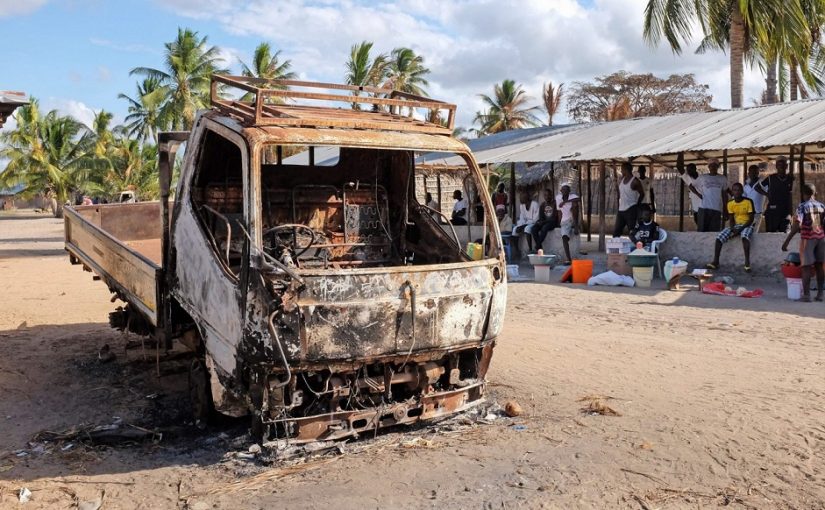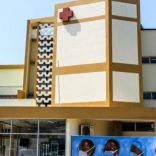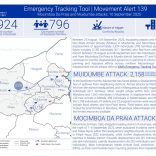77per cent of Mozambican children live in poverty
Mozambique: Thousands of displaced people ‘impossible to reach’ – NGO

File photo: Lusa
Doctors Without Borders (MSF) on Thursday warned about the situation of thousands of people who have been displaced by violence scattered in areas of “impossible access” due to insecurity in the Mozambican province of Cabo Delgado and called for an inclusive approach in humanitarian assistance.
“We have four districts of impossible access for humanitarian assistance to thousands of displaced people in Cabo Delgado,” Alain Kassa, MSF representative in Mozambique, said.
Kassa was speaking at a seminar on the humanitarian situation in Cabo Delgado organised by the Institute for Economic and Social Studies (IESE), a Mozambican independent research body.
In the northern province of Cabo Delgado, Mocímboa da Praia, Muidumbe, Macomia, and Quissanga are sheltering refugees without humanitarian assistance. The actions of armed groups the hardest hit them, he said.
Citing data from the United Nations and the Mozambican government, the MSF representative pointed out that over 600,000 people have fled the districts affected by the armed conflict to safe districts in Cabo Delgado province and the neighbouring provinces of Nampula and Niassa, in the north, and Sofala and Zambezia, in the centre.
“The humanitarian assistance that has been provided to displaced people in resettlement centres is insufficient because support has not been channelled to match the needs,” he said.
Alain Kassa pointed out that food, water, health care, hygiene, income-generating activities, and shelter are the most urgently needed goods.
Kassa also mentioned the need to vaccinate the displaced persons, against various diseases, as another of the shortages faced by the victims of the war in that region.
As for the financial needs for humanitarian assistance to the victims of the armed conflict, the MSF representative pointed to United Nations figures, the latest update of which set the amount needed for a rapid humanitarian response at US$35.5 million (€29 million).
Fonseca Mateus, a priest and anthropologist, living in the city of Pemba, capital of Cabo Delgado, said they needed to organise jobs for teenagers and young people, to prevent their recruitment by armed groups in the region.
“Unemployment and lack of occupation have been favourable to the recruitment of young people for terrorists, so occupation must be provided for young people and adolescents forced to flee from districts affected by violence,” Fonseca Mateus said.
The current situation, he continued, would encourage displaced youths and adolescents to leave their refuge and indulge in harmful activities.
The number of people displaced by the armed conflict in Cabo Delgado, in northern Mozambique, rose in December to 670,000 people. The United Nations announced in its latest update of data compiled by humanitarian agencies.
In addition to people who have fled their homes, mostly children and young people, many host communities are under pressure. There are an estimated 950,000 people “facing severe hunger” in Cabo Delgado, Niassa Nampula provinces – with 242,000 children suffering from severe malnutrition.
Armed attacks have been growing since 2017, some have been claimed by the ‘jihadist’ group Islamic State since a year and a half ago, but there is no certainty about who is behind the organised violence that has been fought by the Armed and Defence Forces of Mozambique (FADM).
Cabo Delgado is a region rich in precious stones, timber and the site of the largest private investment in Africa to extract natural gas from 2024.
Several international reports indicate that the coast of the province is also involved in trafficking routes for drugs, especially heroin.












Leave a Reply
Be the First to Comment!
You must be logged in to post a comment.
You must be logged in to post a comment.